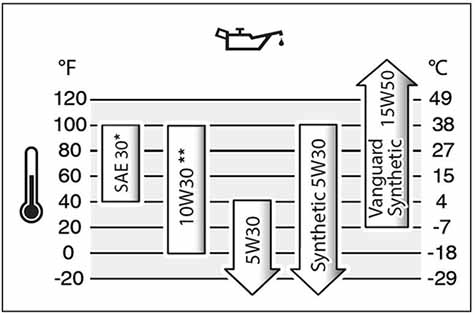My walmart has tons of conventional and semi syn. They have 10W-40 Havoline and I believe it was 10W-30 Penzoil I saw in conventional. Or it might have been GTX. THey have 5W-30 semi in Motocraft, Havoline and GTX. Might be more. And this store is not that well stocked.I've only seen MAG1 in franchised Ace Hardware locations, Farm & Fleet, and I remember a parts store listing it in their sales flyer. I'm sure it's a perfectly fine oil, but I just never needed it at the few times I've ran across it or maybe the price was high enough that I decided I'm not paying that when I can get 'fill-in-the-blank-oil' at WM for less.
I agree about WM and conventional oil. A) Why bother when semi-synthetic or full synthetic Supertech can be had for $21 for a 5-quart bottle and B) shelf space is precious in WM, so they stock what sells. If someone argues "they can't sell it if they don't have it", rest assured, at one point in time, WM has data that showed declining sales of conventional vs increasing sales of semi- or full synthetic and they made the decision back then to switch over.
Just no Supertech conventional / semi.
Might be regional? Last time I was there still no new Purolator filters - they still had the Fram whatever. They did have the new M1 with Premium Guard build though.
Looks like we can order some flavors of Mag1 from Lowes, which is good to know.

